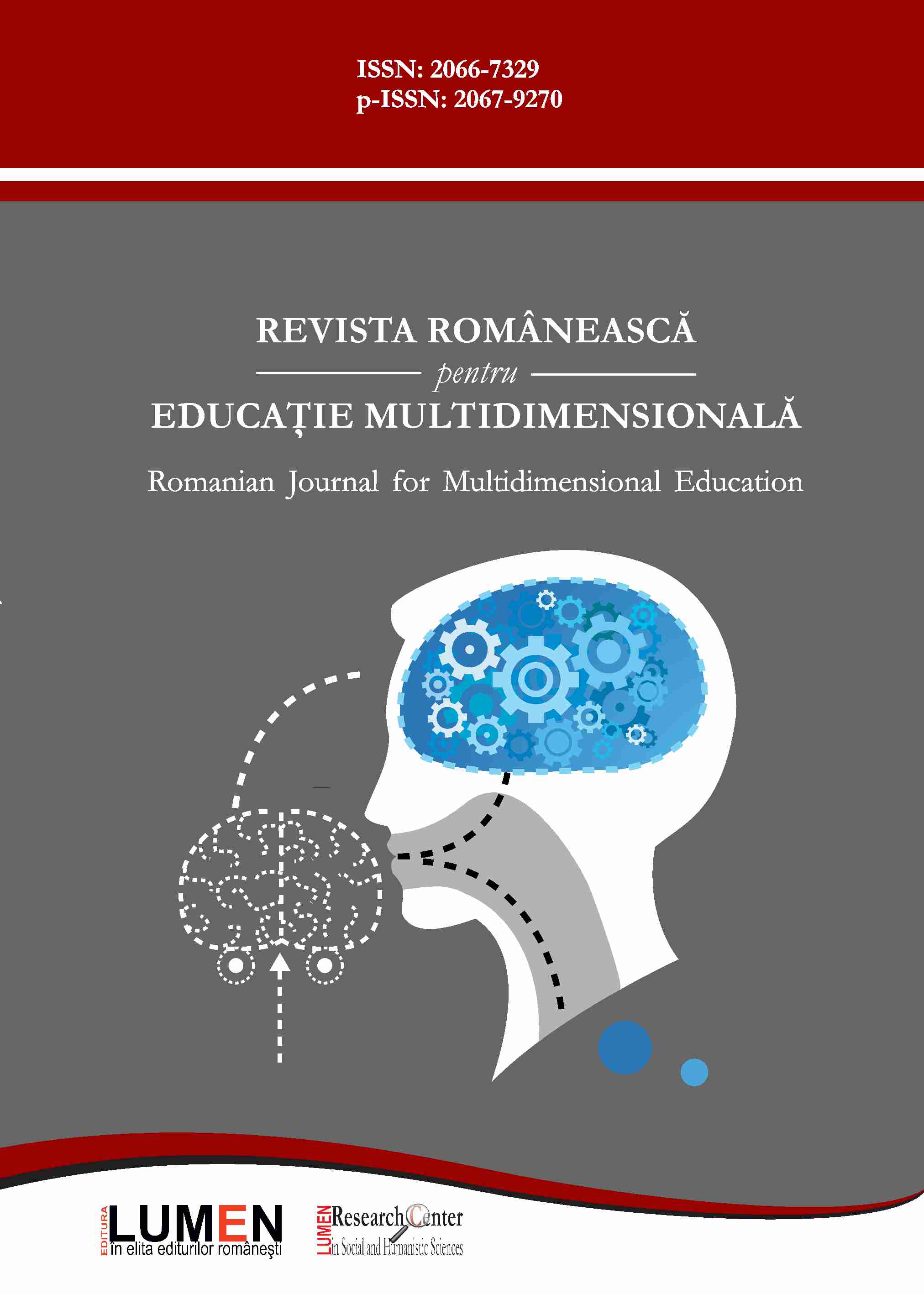The Entrepreneurial Orientation Can Enhance the Teacher Performance in Higher Education
The Entrepreneurial Orientation Can Enhance the Teacher Performance in Higher Education
Author(s): Naeem HayatSubject(s): Education
Published by: Editura Lumen, Asociatia Lumen
Keywords: Job market; Teachers; Higher Education; Entrepreneurial Orientation
Summary/Abstract: The high employers demand for seeking the best candidate to perform the job with perfect professional skills make the job market competitive for the job seeking candidates specially the new graduates. The ease of rapid technology transfer and the continuous weak boundaries of the international borders compel the job seekers to continuously upgrade his or her professional skill set. This also affects the traditional role of the teacher in the class in which teacher had to meet the demands of the educational institution and the demands of his class simultaneously. The added dimension would be that the teacher must have to be fully aware with the changing demands of the job market, where students have to be employed. This complex situation requires from the teacher to create a balance between job market, educational institute and students. The classic framework of the classroom skills was not enough for the job market for which students were prepared and where public/private organizational demands frequently increased and changed. To meet these divergent demands teacher have to adopt the leadership style and use more entrepreneurial orientation skills like innovation, pro activeness and risk taking to play his role successfully. This paper tries to investigate that how entrepreneurial orientation skills helps the teacher in higher education to better satisfy their students as well as make them capable to be employed in the job market. Data has been collected within the strength of 200 students. The students are perusing the higher education from business education department of two different universities. The collected data has been analyzed through SPSS. The findings will definitely contribute new knowledge in the fields of leadership and entrepreneurship for teaching at higher education level, especially educational leadership.
Journal: Revista Românească pentru Educaţie Multidimensională
- Issue Year: III/2011
- Issue No: 8
- Page Range: 85-96
- Page Count: 12
- Language: English

